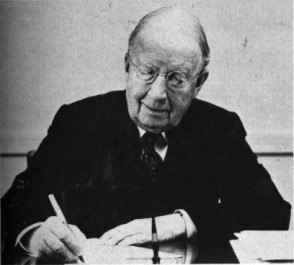| The
intentional adaptation of Christianity to modernity using insights
from the new social sciences to redefine religious authority. |
 |
|
Harry
Emerson Fosdick (1878-1969) popularized liberal theology in his
preaching at the
Riverside Church in New York City
|
Liberal theologians
used insights and methods from the social sciences to shape Christian
theology. Liberal theology has its roots in the Enlightenment,
which emphasized free will, reason, and the ability of human beings to
make progress in all things including religion; and also in romanticism
which insisted on feeling and intuition as essential to human life. Friedrich
Schleiermacher, the "father of liberal theology," identified religion
as a feeling of absolute dependence. For him, theology described internal
religious experience rather than defining external religious truth. D.
F. Strauss wrote the Life of Jesus, which sought to separate the
"historical" life of Jesus from the "myths" surrounding it. In the United
States, William Ellery Channing was
an exponent of liberalism, leading some Congregationalists into Unitarianism.
Later in the nineteenth and twentieth centuries, biblical
criticism would play a large role in liberal theology. A contrasting
movement was confessionalism, which
responded to modernity by asserting the external authority of Scripture
and confessions.
|